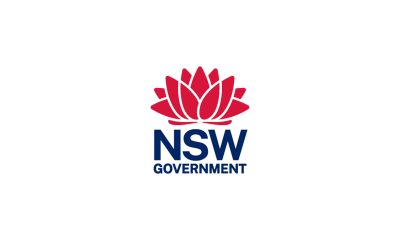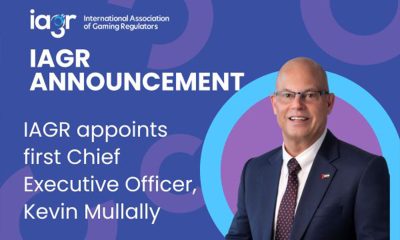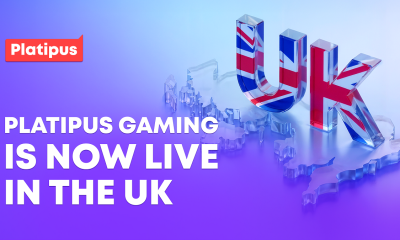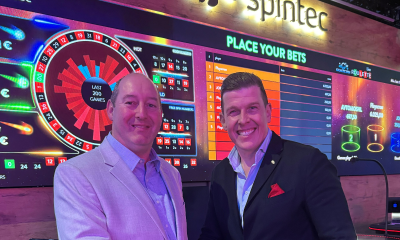Compliance Updates
How Curacao new AML requirements differ from other flexible license jurisdictions

By: Dmitry Hotsyn, Senior Consultant and Head of CIS Desk at 4H Agency
Discussing Anti-Money Laundering (AML) rules in a way that keeps everyone awake is a real challenge. The iGaming industry often overlooks anything filled with jargon like KYC, AML, CDD, and SoWs—terms that just breed myths and misconceptions about jurisdictions supposedly having lax AML standards and low compliance burdens. For a while, Curacao was viewed as one of these almost mythical places.
Not anymore.
A significant shake-up has occurred with Curacao’s latest overhaul of its AML regulations, set to take effect on September 1, 2024. This update has triggered quite a bit of debate among gambling operators who view these new rules as unwelcoming, especially since Curacao is known for its sluggish pace in updating its gambling regulations.
But may it really be as bad as Curaçao’s deadline management?
Curacao’s AML Regulatory Changes: An Overview
Curacao is continuously revamping its regulatory frameworks, taking a page from Malta’s book — Maltifying the industry may work best to describe this process. The new AML rules, while perceived as burdensome, are in fact a balanced update alligning the Curacao practices with generally acceptable standards. Key aspects of the new regulations include:
- Clear Customer Due Diligence (CDD) thresholds: Operators must conduct CDD at the earliest practical time, but no later than when a player engages in a transaction amounting to approximately EUR 2200;
- Sanction and Politically Exposed Persons (PEP) Screening: Mandatory for at least EU, US and UN sanctions lists;
- High-Risk Indicators: A detailed list of indicators for high-risk cases has been provided, noting that the use of cryptocurrencies increases risk, though it is not outright prohibited;
- AML Officer Role: Each operator shall have a dedicated AML officer, equipped with sufficient resources and headcount to manage risks effectively;
- Policies and Guides: Ah year, more internal docs, rules and practice guides are expected from the operators holding licences in Curacao.
Despite the extensive nature of Curacao’s new rules, in essence, they closely resemble those enforced in Malta and other EU countries, as well as competing jurisdictions offering flexible licenses. The upcoming webinar hosted by 4H Agency and Hipther Agency will delve into these comparisons, focusing on jurisdictions like Anjouan, Kanawake, and Tobique, alongside Curacao.
Key Insights on AML Across Jurisdictions
- Detailed AML Frameworks: Curacao and Tobique lead with the most comprehensive AML regulations. Kanawake’s requirements are also robust albeit not as detailes as Curacao rules;
- CDD Thresholds: Similar financial thresholds exist across these jurisdictions (approximately EUR 2000), with varied stipulations on the timing of CDD post-player registration (again, Curacao is not the leader here);
- Outsourcing AML Functions: All jurisdictions permit outsourcing some AML activities to third-party providers, providing flexibility in compliance strategies;
- Stringency of Regulations: Tobique’s regulations are notably stringent, casually requiring additional checks like adverse media searches to identify higher risk profiles;
- Anjouan the Outlier: Anjouan stands out for its outdated AML framework, lacking specific provisions for the gambling sector. For now, this could attract operators seeking more AML-friendly environments. However, Anjouan will inevitably follow the Curacao’s reformatory steps if the country intends to make iGaming an important factor of the now-struggling economy.
The evolution of AML regulations in Curacao represents a predictable shift towards more robust regulatory environment, aligning more closely with global standards. While initially perceived as onerous, these changes are in line not only with international practices, but with the rules already in force in a competing jurisdaction.
Our upcoming webinar will further explore these developments, providing attendees with comprehensive insights into flexible licensing options in 2024.
The post How Curacao new AML requirements differ from other flexible license jurisdictions appeared first on European Gaming Industry News.
Brais Pena Chief Strategy Officer at Easygo
Stake Goes Live in Denmark Following Five-Year Licence Approval
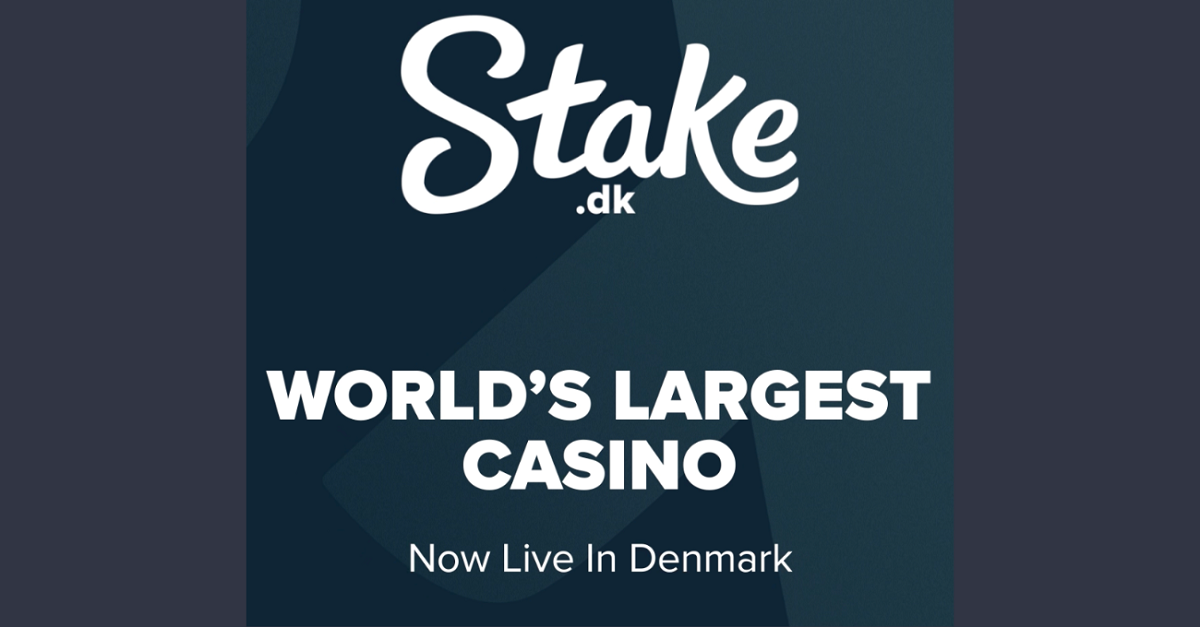
Stake, the largest online casino and sportsbook globally, today proclaims its official entry into Denmark after obtaining a five-year online casino and sports betting license. The shift reinforces Stake’s enduring dedication to enhancing its global growth strategy.
Denmark is often seen as a regulatory success within the European online gambling scene, and Stake has now introduced its flagship, internationally recognized product to the Danish market. Players will unlock access to Stake’s top-tier casino and sportsbook, showcasing exceptional games, cutting-edge technology, and an exceptional user experience, all provided with a strong local emphasis.
Starting 1 March 2026, Stake Denmark will set up its new headquarters at Parken Stadium, the national football stadium of Denmark and the home ground for FC Copenhagen.
Peter Eugen Clausen, Managing Director at Stake Denmark, said: “Denmark has one of the most well-regulated and competitive gaming markets in Europe, and that’s exactly what makes it so exciting. With Stake’s arrival, Danish players can expect a fresh, world-class experience backed by global scale and strong local focus. We’re raising the bar in terms of product, transparency, and entertainment, and I believe increased competition from brands like Stake will only drive the market forward in a positive way.”
Brais Pena, Chief Strategy Officer at Easygo, the technology company behind Stake, said: “Denmark marks our entry into the Nordics and represents a clear win in one of Europe’s most mature and high-value markets. With each new market, our momentum continues to build as we deliver on our global expansion strategy.”
Since its inception in 2017, Stake has positioned itself as the top betting and gaming brand globally by continually presenting advanced technology and novel gaming experiences for players around the globe. Upon entering Denmark, Stake maintains its dedication to player safety and responsible gaming, guaranteeing that gambling stays enjoyable, secure, and entertaining by providing extensive tools and resources that assist customers in comprehending and monitoring their gambling behavior.
The post Stake Goes Live in Denmark Following Five-Year Licence Approval appeared first on Eastern European Gaming | Global iGaming & Tech Intelligence Hub.
Big Daddy Gaming
Big Daddy Gaming® Expands European Footprint After MGA Licence Approval
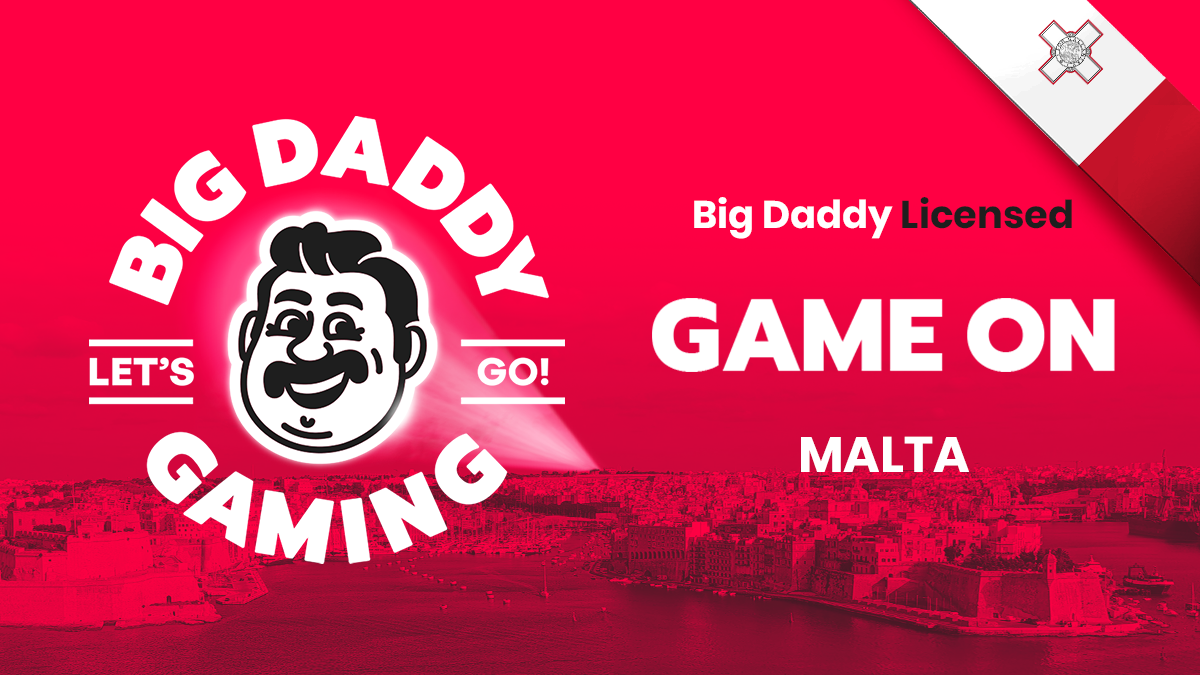
New achievement bolsters regulatory framework as studio speeds up European expansion.
Innovative slots studio Big Daddy Gaming® has obtained a B2B supplier license from the Malta Gaming Authority (MGA), representing a significant advancement in the studio’s plan to establish a solid, regulation-focused presence in Europe’s leading markets.
This accreditation allows Big Daddy Gaming to provide its expanding range of slot titles to MGA-licensed operators, greatly increasing the studio’s potential market and aiding its continuous commercial rollout in regulated territories.
The endorsement comes after Big Daddy Gaming’s recent attainment of regulatory approval from the Swedish Gambling Authority. This occurs during a time of significant early progress for the newly established studio, with multiple partnerships already in place with well-known operators and aggregators, highlighting the provider’s dedication to fostering long-lasting relationships with top-tier brands.
As a vital element of Big Daddy Gaming’s strategy for market entry, the studio has made certain that its technology, games, and operational procedures comply with one of Europe’s most stringent regulators.
The license further aids the ongoing launch of Big Daddy Gaming’s initial games, which are centered on the studio’s fundamental creative principle of Reel Fun. Real Value., merging recognizable, player-friendly features with a comedic angle, aimed at achieving high engagement and evident commercial success for operators.
The MGA approval signifies a crucial point in Big Daddy Gaming’s early business path, solidifying its role as a new studio dedicated to regulation, dependability, and sustainable growth while it broadens its presence in Europe’s regulated markets.
Erland Hellström, CEO at Big Daddy Gaming®, said: “Securing our MGA licence is an important step for us as we continue to build Big Daddy Gaming® with regulation at the forefront. From day one, our focus has been on creating a studio that operators can trust, both creatively and operationally.
“Malta is one of the most respected regulatory environments in the industry, and achieving this approval reflects the work our team has put into building compliant, market-ready slots. Combined with our recent progress in Sweden, it gives us a strong platform to continue scaling our content with confidence.”
The post Big Daddy Gaming® Expands European Footprint After MGA Licence Approval appeared first on Eastern European Gaming | Global iGaming & Tech Intelligence Hub.
Australia
NSW: Hospitality and Racing Strategy 2026-28 and Regulatory Priorities 2026
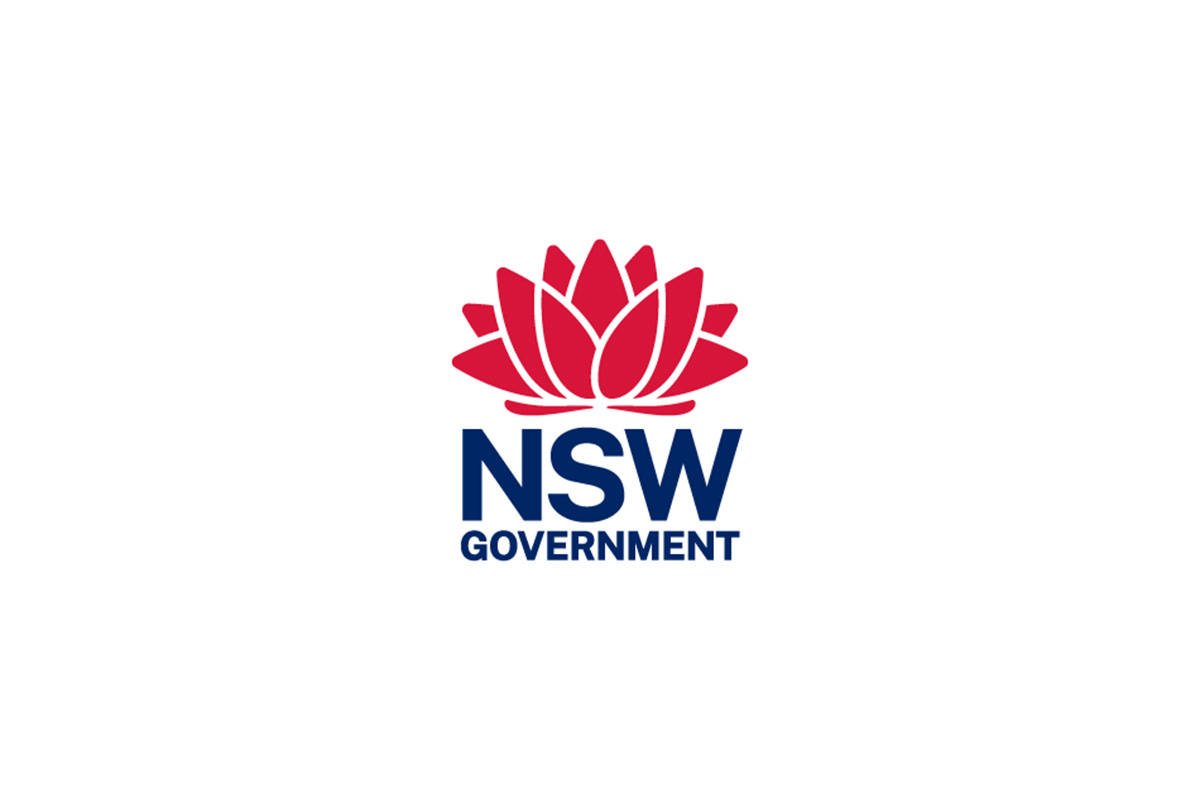
Liquor & Gaming NSW has published the Hospitality and Racing Strategy 2026-28, setting a clear path for reducing harm, supporting responsible industry growth and meeting evolving community expectations. The Strategy outlines Hospitality and Racing’s vision, regulatory posture and strategic objectives.
It outlines three strategic objectives which will guide the work to support communities, individuals and the industry. The first is targeted harm reduction, using better data, education and engagement to focus on the areas where we can make the biggest difference.
The second is outcome‑focused, responsive regulation, by making use of streamlined, place‑based and community‑informed approaches that deliver meaningful, real-world outcomes.
Third is promoting modern tools, skilled teams and smart decisions, investing in its capability, improving how it uses data and supporting consistent decision making across hospitality and racing.
Regulatory Priorities 2026
Alongside the new strategy, Liquor & Gaming NSW has also issued its Regulatory Priorities 2026. This sets out where the department will be focusing its regulatory attention over course of the year. It provides transparency on Liquor & Gaming’s forward regulatory agenda and gives the industry the opportunity to proactively engage about the issues they are concerned about.
The post NSW: Hospitality and Racing Strategy 2026-28 and Regulatory Priorities 2026 appeared first on Eastern European Gaming | Global iGaming & Tech Intelligence Hub.
-

 Amusnet6 days ago
Amusnet6 days agoWeek 7/2026 slot games releases
-

 Aphrodite’s Kiss6 days ago
Aphrodite’s Kiss6 days agoLove on the Reels: Slotland Introduces “Aphrodite’s Kiss”
-

 Brino Games6 days ago
Brino Games6 days agoQTech Games integrates more creative content from Brino Games
-

 Baltics7 days ago
Baltics7 days agoEstonia to Reinstate 5.5% Online Gambling Tax From March 1
-

 Denmark7 days ago
Denmark7 days agoRoyalCasino Partners with ScatterKings for Company’s Danish Launch
-

 Booming Games7 days ago
Booming Games7 days agoTreasure Hunt Revival — Booming Games Launches Gold Gold Gold Hold and Win
-

 Bet Rite7 days ago
Bet Rite7 days agoSpintec Expands into Canada with Bet Rite
-

 ELA Games7 days ago
ELA Games7 days agoELA Games Unveils Tea Party of Fortune — A Magical Multiplier Experience







